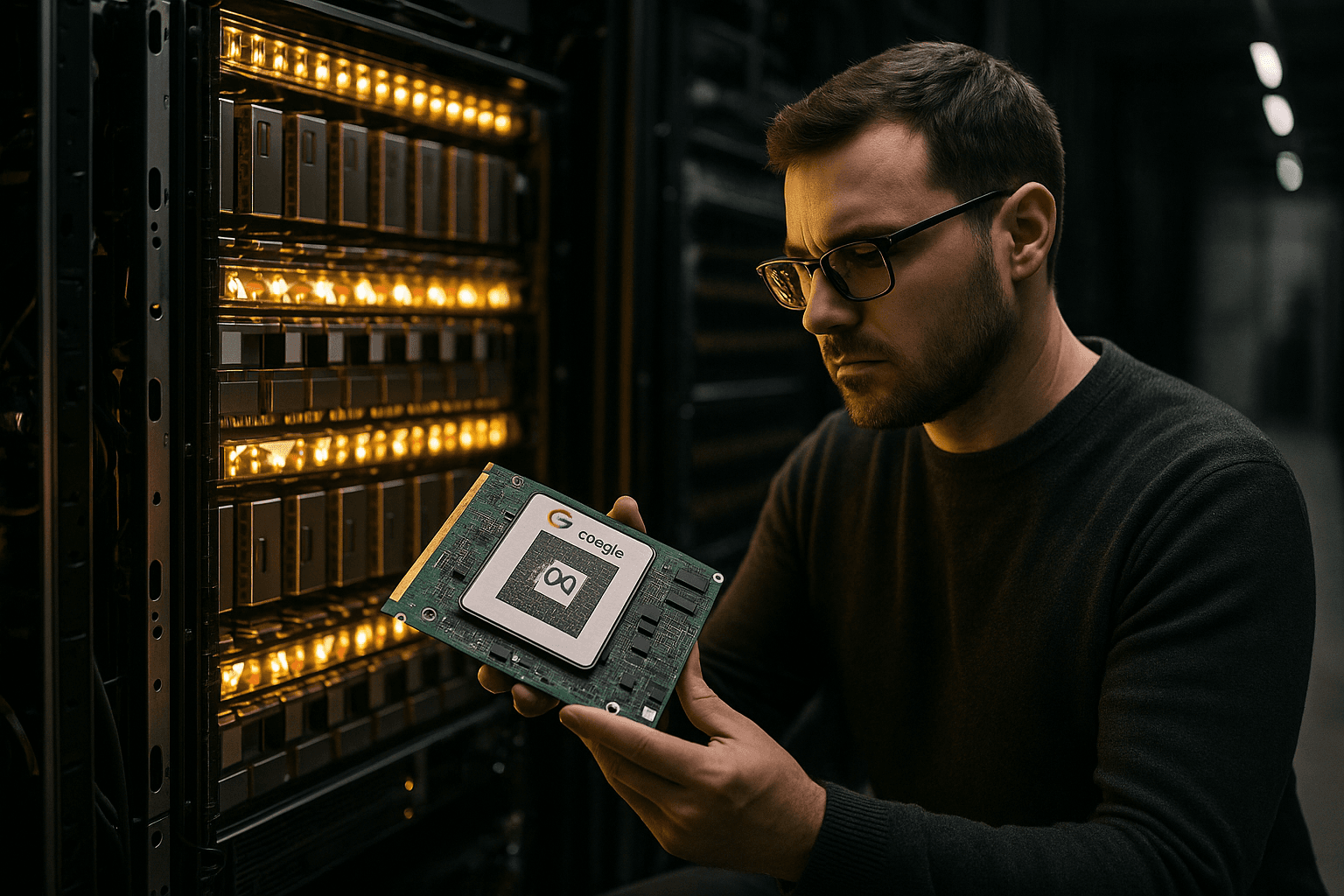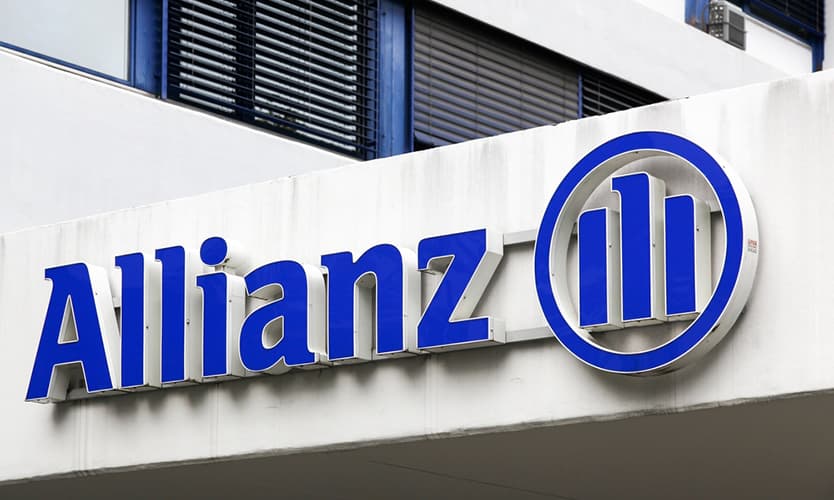Meta Weighs Billions on Google AI Chips, Could Rent TPUs
Meta Platforms entered discussions with Alphabet’s Google to buy and rent the company’s custom tensor processing units, a move that could reshape the market for high performance AI hardware and chip rental. If finalized, the deal would loosen Google’s long standing control over its accelerators, offer Meta an alternative to constrained GPU supply, and intensify competition with Nvidia.

Meta Platforms was reported to have held talks with Alphabet’s Google about spending billions to run Google’s custom tensor processing units inside Meta data centers beginning in 2027, and to rent TPU capacity from Google Cloud as early as 2026, according to multiple outlets citing The Information and Reuters. The arrangement would mark a significant strategic shift for Google, which historically limited those accelerators to internal use and select cloud customers.
The plan, as described in the reports, contemplates both cloud rental arrangements and eventual on site deployments inside customer data centers. Meta would remain a major customer of Nvidia, but the company has been seeking alternatives amid tight GPU supply and rapidly rising demand for AI compute power driven by large language models and other generative systems. Access to TPUs could provide Meta another route to scale its training and inference workloads while diversifying its hardware suppliers.
Expanding TPU availability to external customers would move Google into a more direct competition with Nvidia, the dominant supplier of AI accelerators. Some executives within Google Cloud reportedly estimate that broadening TPU sales could capture a material portion of Nvidia’s market, with a figure as high as roughly ten percent of Nvidia’s annual revenue cited in the reports. The shift would not only alter vendor dynamics but also affect pricing and procurement strategies across the AI industry.
Financial markets reacted swiftly after the reports surfaced. Alphabet shares rose in early trading while Nvidia shares declined on the news. Reuters noted it could not independently verify the reports and that the companies did not immediately comment. The timeline in the reporting places rental access as soon as 2026, with on site installations following in 2027, reflecting the lead time required to integrate unfamiliar accelerator architectures at hyperscale.

Analysts say wider TPU availability would have broad technical and strategic consequences. For cloud customers, another major accelerator supplier could ease supply bottlenecks and reduce dependence on a single vendor. For Google, renting or selling TPUs externally would monetize a core technology that until now primarily powered its own services and cloud business. For Nvidia, the move would represent a new competitive pressure in an area that has been a major growth engine.
The potential change also raises questions about standards, interoperability, and the future of specialized AI hardware ecosystems. Software stacks optimized for one type of accelerator do not always translate easily to another, meaning significant engineering work would be required to port workloads. The outcome will shape how quickly enterprises can pivot between accelerators and how costs for large scale AI compute evolve.
As companies race to secure compute capacity for increasingly large models, the talks between Meta and Google underscore how crucial hardware strategy has become in the broader contest over generative AI capabilities and market leadership.


